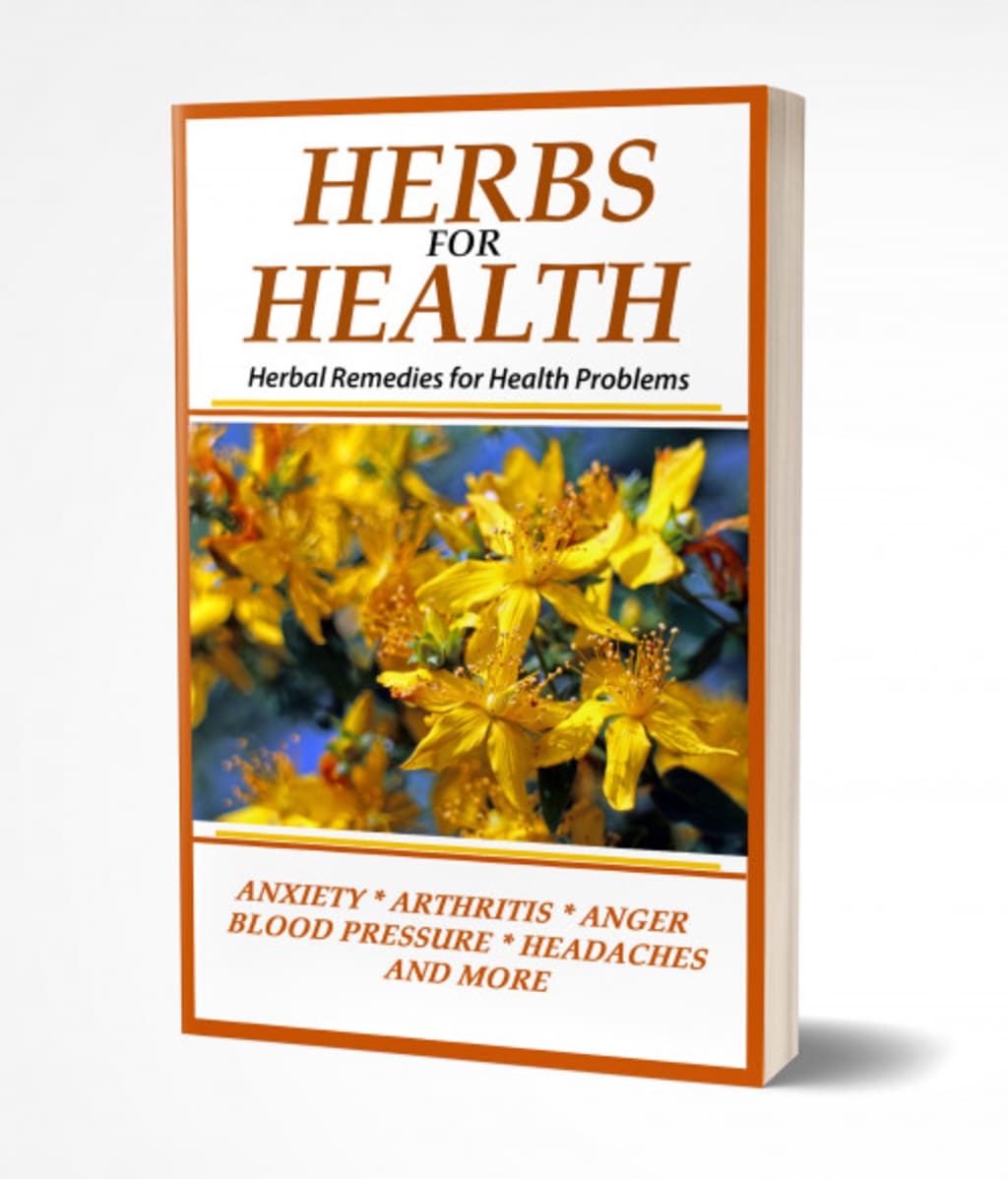Herbs For Health
Herbal Remedies

Herbs For Health: A Comprehensive Overview
Herbs have been used for centuries to promote health and treat ailments. Herbs are an accessible and natural form of medicine that can be found in many areas around the world. Here, we will look at the different types of herbs, how they are used, and the many health benefits they offer.
Types of Herbs
There are two main types of herbs: culinary and medicinal. Culinary herbs are mostly used to add flavor to food. Examples of common culinary herbs are basil, oregano, parsley, and rosemary. Medicinal herbs are used to treat specific ailments. Common medicinal herbs include chamomile, ginseng, St. John's wort, and ginger.
How to Use Herbs
Herbs can be used in a variety of ways, including as teas, tinctures, salves, decoctions, and syrups.
Teas are one of the most popular ways to consume herbs. Teas are made by steeping the herb’s leaves in hot water. Tinctures are concentrated herbal extracts created by soaking herbs in alcohol. Salves are topical preparations made by combining herbs with oil or beeswax. Decoctions are made by boiling the herb in water. And syrups are made by combining the herb with sugar and water.
Health Benefits of Herbs
Herbs offer many health benefits. Many herbs have anti-inflammatory and antioxidant properties, which can help reduce inflammation, boost the immune system, and protect against disease. Herbs can also help with digestion, reduce stress, and improve sleep. In addition, some herbs have antiviral, antibacterial, and antifungal properties, and can be used to treat conditions such as colds, flu, and yeast infections.
Safety and Precautions
It is important to use herbs safely and responsibly. Some herbs, such as ginseng, can interfere with certain medications and should not be taken without consulting a doctor first. It is also important to note that herbs should not be used as a substitute for professional medical care.
Using herbs for health can be an incredibly rewarding experience. There are many different herbs that can be used in various ways to improve your physical and mental health, ranging from tinctures to teas to topical applications. Here are some tips to get you started:
Start small - familiarize yourself with a handful of herbs to begin with so as not to overwhelm yourself.
Make sure you educate yourself on safe and effective dosages, as well as any potential interactions with other medications you may be taking.
Consult a qualified practitioner. While there are many resources available online, it is important to consult with a professional to ensure that you are using the herbs correctly.
Understand the different forms of herbs, such as tinctures, teas, oils, etc., and the best ways to use them for your specific needs.
Use only high-quality herbs from reputable sources.
Keep a journal to track results and adjust dosages as needed.
By taking the time to properly educate yourself and utilizing the right herbs, you can experience the many positive benefits that herbs can offer.
you can use herbs together with other medications, but it is best to consult with a medical professional before doing so. Herbs are natural substances, but they can also interact with other medications and can even be dangerous when taken in large doses. It is important to talk to your doctor or a qualified herbalist to ensure that the herbs you are taking are compatible with any medications you are taking and to ensure that the dosage of the herbs is appropriate. Additionally, always check with your doctor if you are pregnant, breastfeeding, or have any medical conditions before taking any herbs.
Herbs have long been used for medicinal purposes, and recent research has suggested that they can have significant long-term effects. Herbal remedies have been used to treat a wide variety of ailments, ranging from minor skin irritations to more serious, chronic conditions. Some herbs are even thought to be beneficial for mental health, aiding in relaxation, reducing stress, and improving focus.
Herbal remedies can be taken in a variety of forms, including teas, tinctures, and topical applications. Many herbs contain compounds known as phytochemicals, which are thought to have antioxidant, antimicrobial, and anti-inflammatory effects. These compounds can help heal the body and protect it from further damage.
In addition to these beneficial effects, herbal remedies are generally safe and free from potentially dangerous side effects. Although some herbs can interact with certain medications, it is important to discuss any supplements or herbal remedies with your doctor before taking them, to ensure that they are safe and appropriate for your individual health needs.
Overall, herbs can be a powerful tool for improving long-term health, and there is a growing body of evidence to support the use of herbal remedies for maintaining wellness.
Conclusion
Herbs are an effective and natural form of medicine that can be used to treat various conditions and promote health. Herbs offer many health benefits, such as reducing inflammation, boosting the immune system. Click here to read further on its importance to human existence: https://cutt.ly/d3Zod71
About the Creator
Enjoyed the story? Support the Creator.
Subscribe for free to receive all their stories in your feed. You could also pledge your support or give them a one-off tip, letting them know you appreciate their work.





Comments
There are no comments for this story
Be the first to respond and start the conversation.